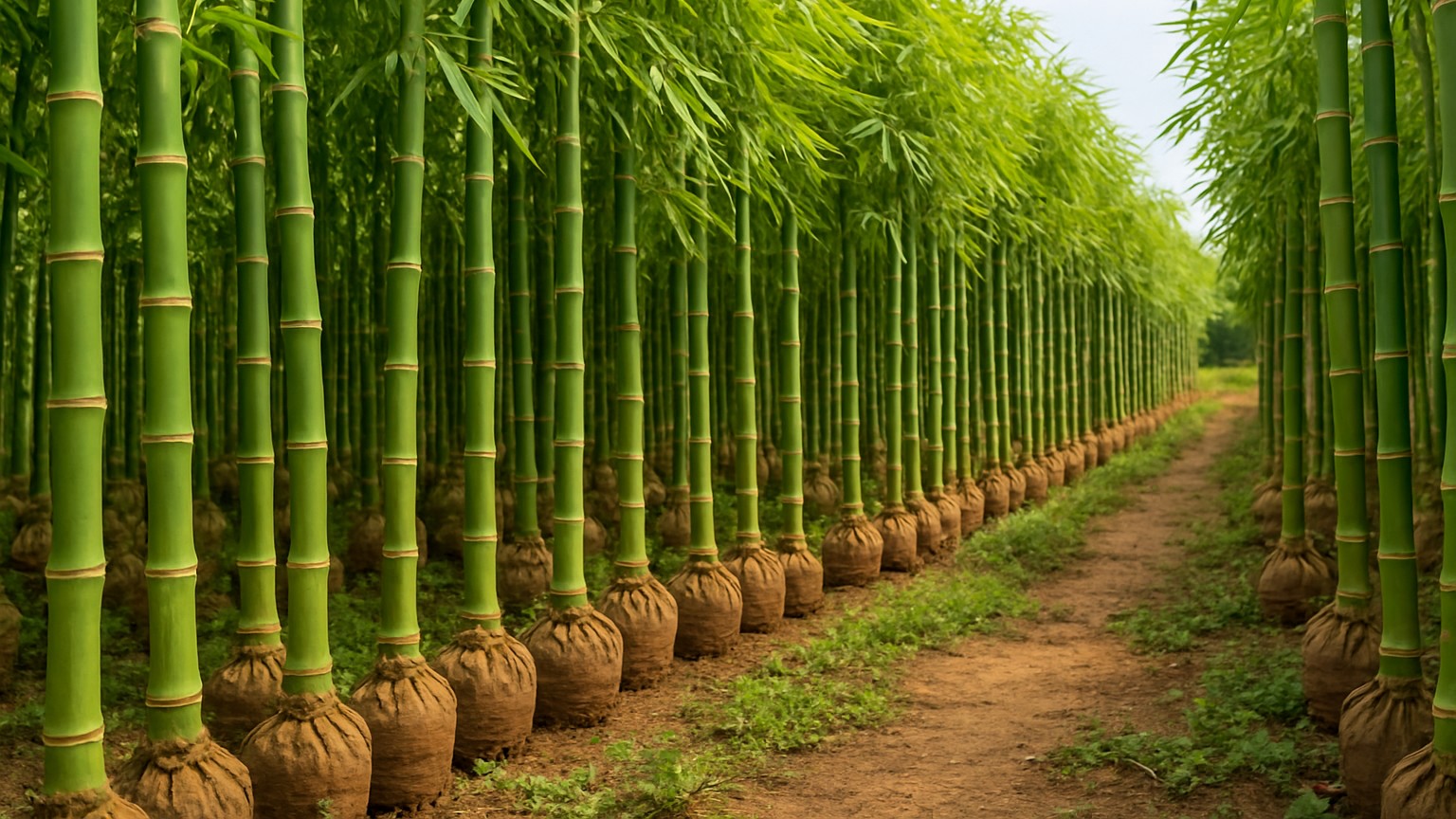Green Gold: Unlocking the Economic and Ecological Potential of Bamboo Farming in India

Bamboo, often referred to as "green gold," is emerging as a sustainable and profitable farming option across India. With its fast growth, versatility, and low maintenance needs, bamboo offers an eco-friendly solution to both rural livelihood challenges and climate change mitigation. Farmers are now realizing that this humble grass can generate significant income while restoring degraded land and preserving soil health.
India, home to the second-largest bamboo reserves in the world, has only recently begun tapping into its full potential. The government's National Bamboo Mission and relaxed restrictions on bamboo cultivation have opened new opportunities for farmers and entrepreneurs alike. With high demand in sectors like furniture, paper, handicrafts, construction, and bioenergy, bamboo farming is proving to be both economically and environmentally rewarding.
Bamboo’s resilience makes it an ideal crop in regions facing water scarcity or poor soil conditions. It grows quickly, with some species reaching maturity within 3 to 5 years, and requires minimal chemical inputs. This makes bamboo not only a low-risk investment for farmers but also a natural solution for carbon sequestration and biodiversity enhancement.
In rural India, bamboo farming is creating jobs and promoting women-led businesses through value-added products like baskets, mats, and eco-friendly packaging. Entrepreneurs are also exploring innovations such as bamboo textiles, flooring, and even bicycles, adding a modern twist to this traditional resource. As awareness grows, more people are seeing bamboo as a future-ready crop that balances profit with sustainability.
The rise of bamboo farming in India signals a green revolution rooted in tradition, innovation, and environmental consciousness. As more farmers and businesses embrace this "green gold," bamboo could become a cornerstone of India's sustainable development, offering a win-win for the economy and the planet.
